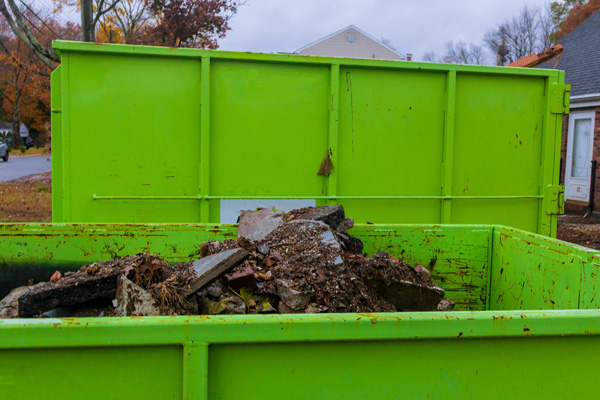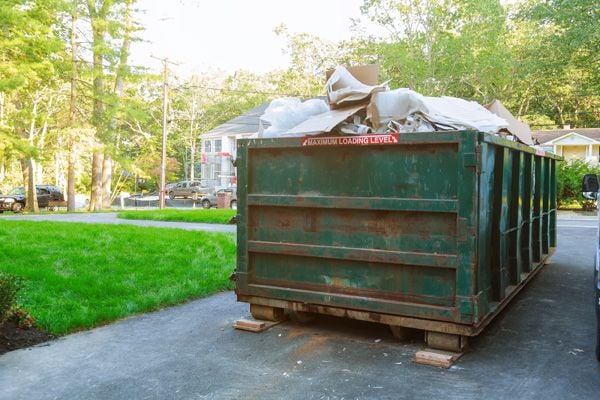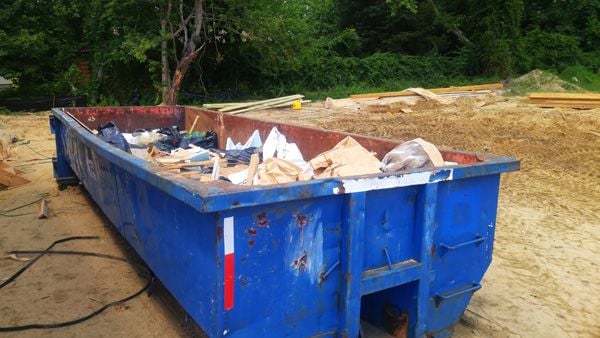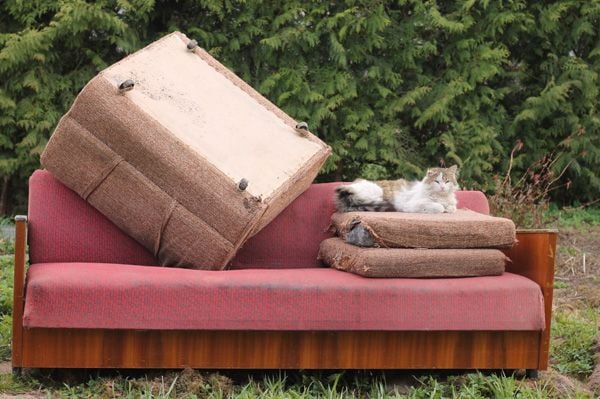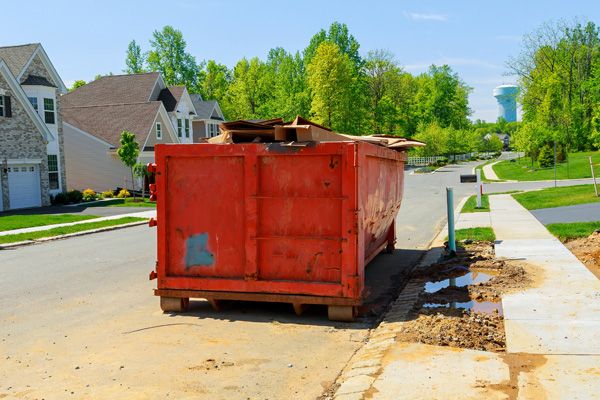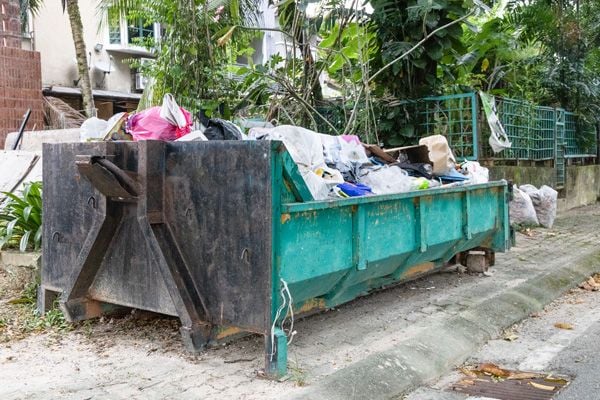How To Dispose Of Propane Tanks In Your Dumpster Rental
Propane tanks are a common source of fuel for many uses, ranging from barbecues to camping. While they provide an important service, it is also essential to properly dispose of them in order to protect both the environment and those who use propane tanks. Fortunately, dumpster rental provides an effective method for disposing of these tanks safely and efficiently. This article will discuss how to dispose of propane tanks when using a dumpster rental as well as other methods available for disposal. Propane tanks contain highly flammable gas that can be hazardous if not handled properly during disposal. In addition, improper disposal poses a risk to the environment since toxic chemicals may leak into the ground or nearby water sources. However, with proper safety measures taken along with following established regulations, individuals can effectively and safely discard their used propane tanks with minimal environmental impact. In this article, readers will learn about the necessary steps required for disposing of propane tanks through dumpster rentals as well as additional information regarding alternative options available for safe disposal. The reader will gain knowledge concerning what type of rules must be followed when utilizing a dumpster rental service in order to ensure compliance with local laws and regulations while still protecting people and the environment. Understanding Oils, Fuels, And Propane Tanks It is estimated that more than 200 million Americans use oil and gas products on a regular basis. Propane tanks, motor oil, flammable materials and other hazardous waste are all common items in many households. Disposing of these items properly can be challenging for individuals who lack the necessary know-how or resources. Dumpster rental services may provide an effective solution for those looking to safely get rid of empty propane tanks and other hazardous materials. Methane gas is one of the most dangerous byproducts associated with burning fuels such as gasoline and diesel fuel. This gas is highly combustible, making it extremely important to store and dispose of it carefully. In addition to methane gas, there are also safety hazards related to improper disposal of oils and other petroleum products. Allowing them to enter waterways or seep into soil can cause significant damage to the environment. When dealing with potentially hazardous substances like propane tanks, it is essential to take proper precautions when disposing of them. Understanding how each type of material should be disposed of will help ensure they do not end up causing harm either directly or indirectly due to their presence in landfills or elsewhere in nature. Knowing how to safely get rid of an empty propane tank is key before attempting any kind of disposal process. How To Safely Get Rid Of An Empty Propane Tank When it comes to disposing of propane tanks, the most important factor is knowing how to do so safely. It is advised that if you have a dumpster rental, hazardous materials like propane should not be placed inside. In order to properly and safely dispose of an empty tank, transfer stations are available in many cities as a resourceful way for recycling bulky items such as tanks. Transfer stations typically have double doors at their entry points which allow them to accept large containers safely while also preventing any infectious waste from entering the station itself. When dropping off your tank, make sure you know what size container they will accept. Generally speaking, propane tanks come in various sizes ranging anywhere from 20 lbs all the way up to 100 lbs or more. Knowing which size container your tank falls into is essential when deciding where and how to drop it off as some facilities may only accept certain sizes depending on their regulations. Once you’ve determined this information, transporting your tank can be done with ease. The best practice for getting rid of an empty propane tank is by taking it to a transfer station where it can be recycled appropriately and efficiently. By doing so, you ensure its safe disposal and help prevent potential hazards that could occur otherwise. Additionally, it saves resources since the material is being reused instead of thrown away or discarded altogether. With these tips in mind, identifying hazardous waste items and proper disposal methods has never been easier! Identifying Hazardous Waste Items The importance of properly disposing hazardous materials cannot be overstated. Paint cans, hot water tanks, and lithium batteries are all examples of items that require special disposal methods due to their potential for danger. It is essential to identify such waste items in order to ensure proper removal from the home or business. Recycling centers often accept some types of household hazardous waste, although it is important to check with the facility before bringing these materials in. Construction debris can also contain hazardous materials which may necessitate contact with a local tire recycler or other appropriate disposal location prior to being taken away. In addition to identifying hazardous materials, there are many safety precautions that must be taken when handling them as well. Failing to follow the necessary steps could lead to serious injury or environmental harm if not done correctly. Understanding how best to dispose of hazard-containing objects is an integral part of any responsible recycling or waste management program. What Happens If Hazardous Materials Are Improperly Disposed Of? When hazardous materials are not disposed of correctly, it can have serious consequences. Common hazardous items like propane tanks, alkaline batteries and chemical cleaners should be treated with caution and handled according to the disposal instructions provided by your local health agency. If improperly discarded: * Gases – Hazardous gases such as methane from a propane tank can cause an explosion if exposed to open flame or extreme heat. * Containers – Paper bags, metal containers or other combustible material can ignite when in contact with flammable liquids or gasses. Failure to properly dispose of hazardous materials may lead to fines from regulatory agencies, pollute the environment and endanger public safety. Additionally, improper disposal of these items could put you at risk
How To Dispose Of Propane Tanks In Your Dumpster Rental Read More »

